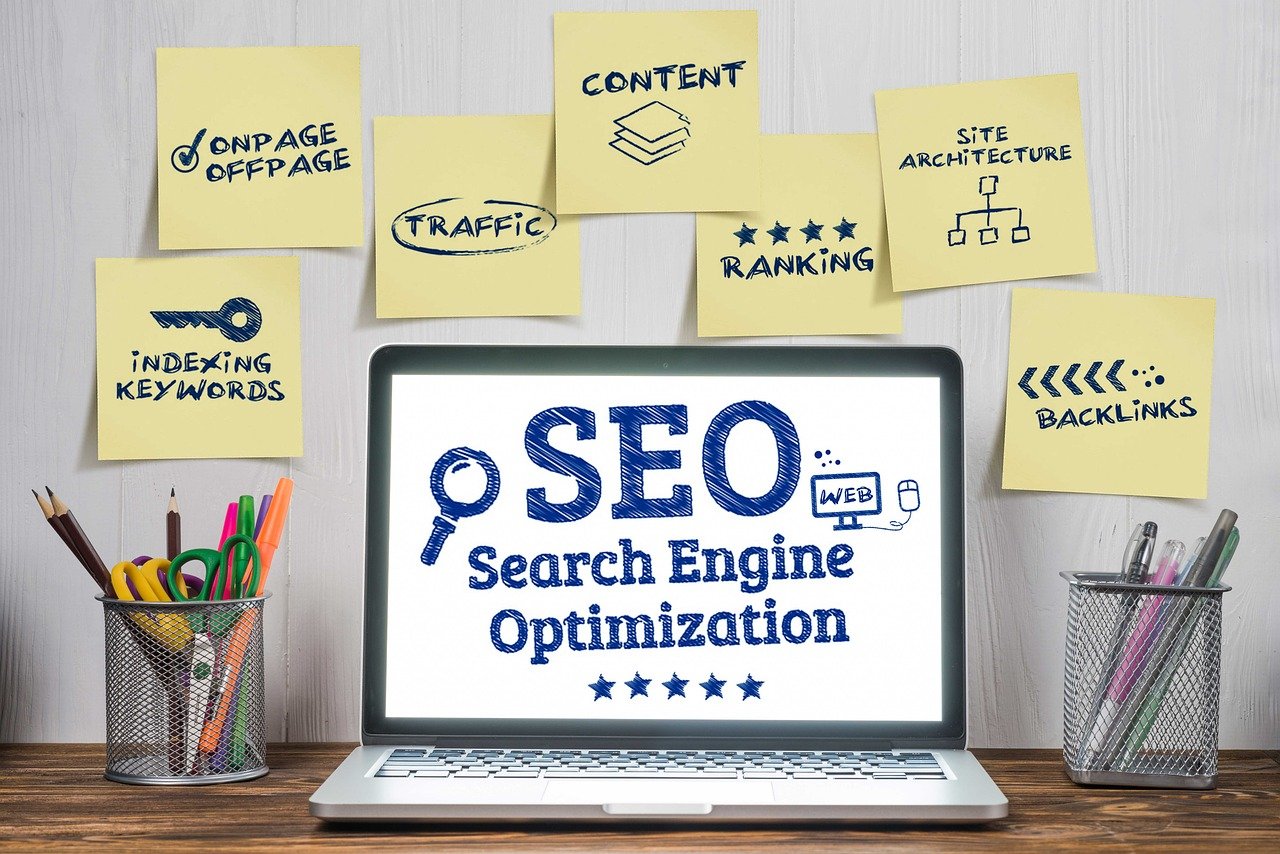
In today’s hypercompetitive digital landscape, businesses must find ways to stand out. Two of the most powerful tools in this quest are branding and search engine optimization (SEO). While these may seem like separate strategies, they are deeply intertwined and, when used together, can significantly enhance a company’s online visibility, reputation, and overall success.
In this article, we will explore how branding and SEO complement each other, why they are essential for business growth, and how to integrate these strategies effectively.
1. Understanding Branding and SEO: The Foundation
Before diving into the synergy between branding and SEO, it’s crucial to understand what each term means:
Branding: Businesses are required to create a unique identity. A brand is more than just a logo or slogan it encompasses the company’s values, mission, and the emotions it evokes in its audience. Strong branding builds recognition, trust, and loyalty among consumers.
SEO: Search engine optimization is the practice of optimizing a website’s content, structure, and technical elements to improve its ranking on search engine results pages (SERPs). The higher a website ranks, the more likely users are to find it organically through search engines like Google.
At first glance, branding seems like an art while SEO feels like a science. However, the two disciplines are more aligned than many think. In fact, SEO cannot reach its full potential without branding, and branding’s impact is magnified when it is optimized for search.
2. The Connection Between Branding and SEO
Branding and SEO share a common goal: visibility. While branding focuses on making a company recognizable and memorable, SEO ensures that the brand is discoverable online.
Authority and Trust: One of the key goals of SEO is to increase a website’s authority, making it a trusted resource in the eyes of both users and search engines. Strong branding naturally builds authority as well. When a brand consistently delivers value and establishes a positive reputation, search engines like Google recognize it as a trusted entity, which can lead to higher rankings.
Search Behavior and Branded Searches: As a brand becomes more recognized, consumers are likely to use branded keywords in their searches. For example, instead of searching for “best coffee shop in New York,” they might search for “Starbucks New York.” This shift from generic to branded search queries is a clear indicator that the brand is gaining traction. Branded searches typically result in higher clickthrough rates and conversions because the user already trusts the brand.
Content Marketing and Brand Messaging: Content is a cornerstone of SEO, but it also plays a vital role in branding. Wellcrafted content not only helps improve search rankings but also communicates a brand’s values, story, and voice. When these two elements work together, a brand can become a thought leader in its industry, attracting both search engine attention and loyal customers.
3. How Branding Strengthens SEO
There are several ways in which strong branding can directly enhance SEO efforts:
Backlink Generation: One of the most important ranking factors for SEO is the number and quality of backlinks a site receives. Websites with strong, recognizable brands are more likely to be linked to by other authoritative sites. This is because users trust established brands, and linking to them adds credibility to other sites’ content.
User Engagement and Metrics: Search engines take into account user engagement metrics like bounce rate, time on site, and clickthrough rate. Strong branding often leads to better engagement. Users are more likely to spend time exploring a wellknown brand’s site, engaging with content, and returning for future visits. These positive signals can boost a site’s SEO performance.
Social Proof and Online Reviews: A wellestablished brand often generates more social proof, including reviews, testimonials, and mentions on social media. These positive indicators are beneficial for SEO as search engines use these signals to determine a site’s credibility and popularity. Positive reviews and usergenerated content can further improve rankings.
4. How SEO Enhances Branding
Just as branding strengthens SEO, SEO also plays a critical role in shaping and amplifying a brand. Here’s how:
Increased Visibility: Even the strongest brand won’t grow if people can’t find it. SEO ensures that a business’s website appears at the top of search results when potential customers are looking for related products or services. Highranking search results lend credibility to a brand and help establish it as a leader in its field.
Reaching New Audiences: SEO allows brands to reach audiences they might not have found through traditional branding efforts. By targeting specific keywords and optimizing for longtail searches, companies can attract users who are actively seeking their products or services. This exposure can introduce the brand to new markets and demographics.
Aligning User Intent with Brand Messaging: Understanding user intent, or the reason behind a user’s search query, is essential for effective SEO. Brands that optimize their content to align with this intent will not only rank higher but will also provide a better user experience. This helps strengthen the brand’s reputation as one that truly understands its customers’ needs.
5. Conclusion
In the fastpaced world of digital marketing, branding and SEO are not separate silos they are complementary strategies that, when integrated, can create powerful results. Branding builds trust, recognition, and loyalty, while SEO ensures that your brand is discoverable and credible in the eyes of search engines.
By aligning your branding efforts with smart SEO practices, you can boost your business’s visibility, attract new customers, and cultivate longterm success in the digital space. So, if you’re looking to grow your business, now’s the time to harness the power of both branding and SEO because when they work hand in hand, they can truly elevate your business to new heights.




